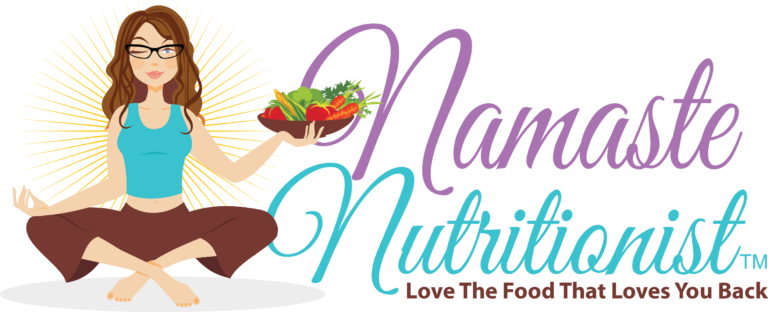There is a strong link between food, mood and depression.
Depression is a condition in which a person feels discouraged, sad, hopeless, unmotivated, or disinterested in life in general.
When these feelings last for a short period of time, it may be a case of “the blues.” This is a normal part of being human.
When is it likely a major depressive episode? When these feelings last more than two weeks or interfere with daily activities such as taking care of family, spending time with friends, or going to work or school.
(Source: Anxiety and Depression Association of America)
Science makes it clear that food, exercise, sleep and stress management play a major role in our general well-being.
In this podcast, I’ll cover the following about nutrition and depression:
- Nutrients and food patterns that help protect you from depression;
- Nutrient deficiencies and food patterns that increase risks for depression and mood disorders;
- How fruits and veggies impact mood;
- Which dietary pattern seems to improve mood the most.
Some of the nutrients involved in mood and mental health include:
- Folate (vitamin B-6)
- Selenium
- Vitamin D
- Zinc
- Omega-3 fatty acids
- Protein
Switching to healthier foods is not a cure for all mood issues, but it is a sensible to promote good mental health and lower the risks of almost all other chronic diseases, too. Food can be potent medicine.
Please be sure to subscribe to this podcast and rate it on Itunes or Stitcher. This helps others find these shows and it helps make people healthier, happier, and wiser.
Now, I want to hear from you. What helps you keep a healthy state of mind?
Podcast: Play in new window | Download

